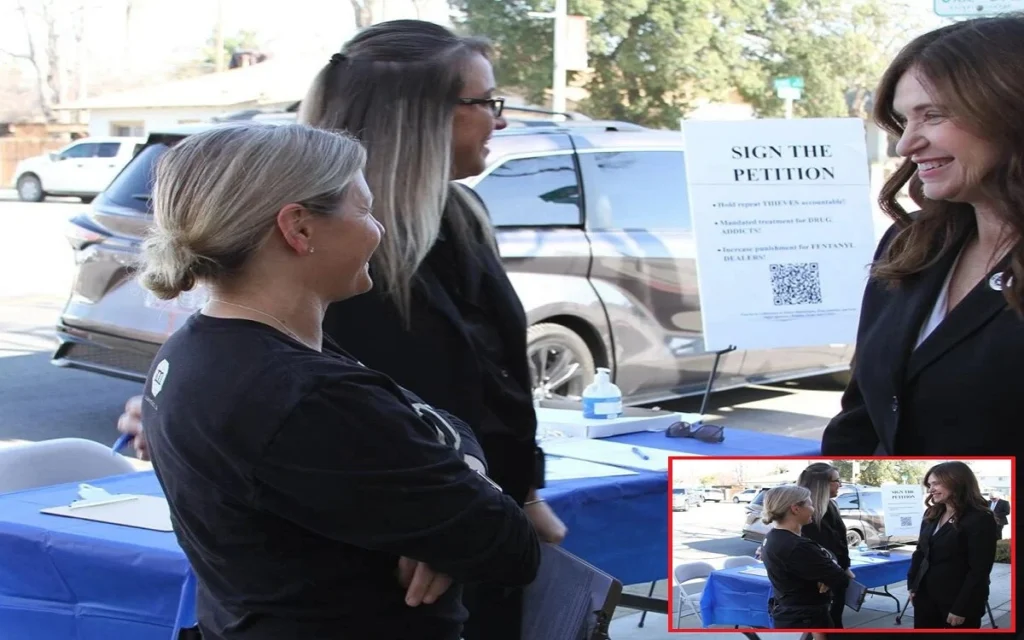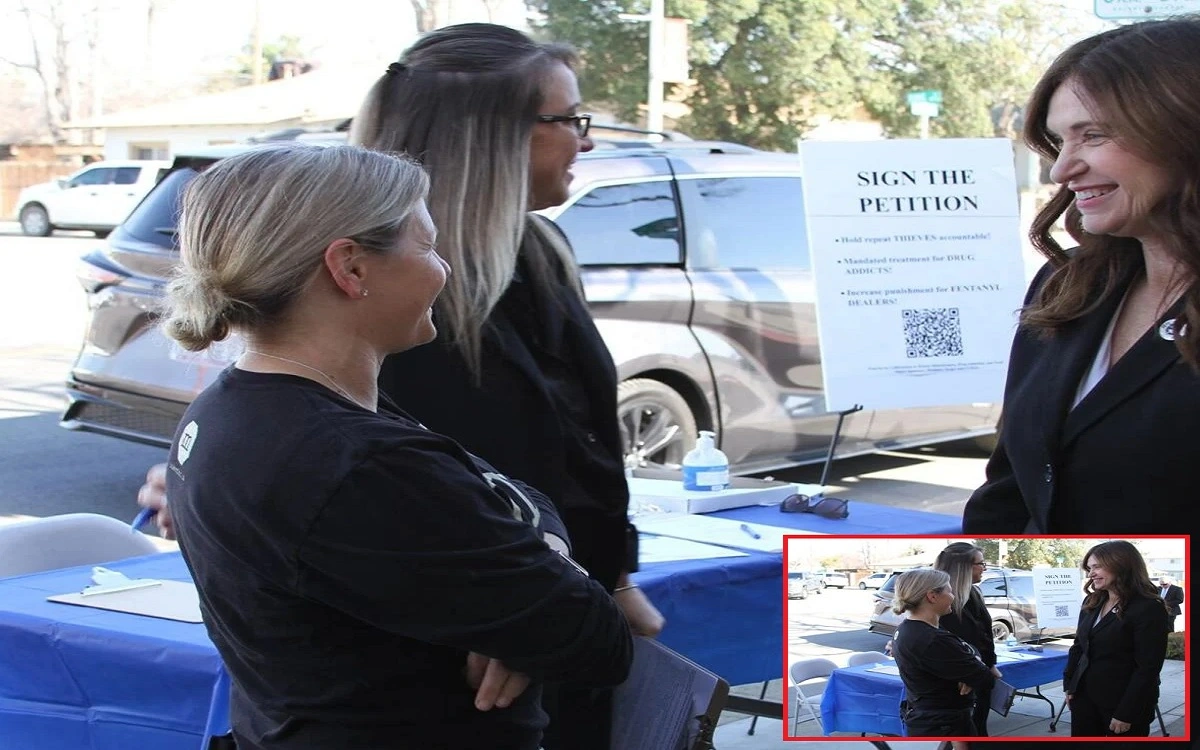|
Getting your Trinity Audio player ready...
|
On June 17th, 2024, San Francisco’s Board of Supervisors unanimously approved the inclusion of the controversial “Homelessness, Drug Addiction and Theft Reduction Act” on the November ballot. The proposed measure, spearheaded by a coalition of local residents and business owners, aims to address the city’s long-standing struggles with homelessness, substance abuse, and property crimes through a multifaceted approach.
The act’s key provisions include:
- Increased funding for addiction treatment and mental health services, with a focus on accessible and evidence-based interventions.
- Expansion of temporary housing options and transitional programs to help individuals stabilize their lives and find permanent housing solutions.
- Stricter enforcement of existing laws against camping on public property, open-air drug use, and petty theft.
- Enhanced police presence in high-crime areas and increased coordination between law enforcement and social service providers.
Proponents argue that the initiative strikes a necessary balance between compassion and accountability.

We can no longer ignore the human suffering and public safety concerns that have plagued our city for far too long,
said Sarah Johnson, a spokesperson for the coalition.
This measure represents a comprehensive approach to tackling these interrelated issues head-on. [1]
However, critics contend that the act unfairly criminalizes homelessness and addiction, disproportionately impacting marginalized communities.
Instead of addressing the root causes of these problems, such as a lack of affordable housing and inadequate mental health resources, this initiative doubles down on punitive measures,
said Alex Martinez, an advocate for the unhoused. [2]
The debate has polarized the city, with both sides staging rallies and engaging in heated public discourse. Local businesses, citing concerns over decreased foot traffic and property damage, have largely thrown their support behind the initiative. Conversely, civil rights organizations and advocacy groups have vehemently opposed it, citing potential human rights violations.
As the November election looms, San Francisco finds itself at a crossroads. Supporters argue that the act represents a much-needed course correction, while detractors warn of unintended consequences and further stigmatization of vulnerable populations.
Homelessness: A Persistent Challenge
San Francisco’s homelessness crisis has been a longstanding and complex issue, exacerbated by factors such as skyrocketing housing costs, income inequality, and a shortage of affordable housing units. According to the latest data from the U.S. Department of Housing and Urban Development (HUD), San Francisco had an estimated 8,035 homeless individuals in 2022, a staggering 37% increase from the previous year. [3]
The proposed act aims to tackle this challenge through increased funding for temporary housing options, such as emergency shelters and transitional housing programs. Proponents argue that providing a stable living environment is crucial for individuals to access mental health services, addiction treatment, and employment assistance.
Addiction and Mental Health
Substance abuse and mental health issues are often intertwined with homelessness, creating a complex web of challenges. The initiative seeks to address this by allocating substantial resources towards evidence-based addiction treatment programs and expanding access to mental health services.
Critics, however, argue that the act’s emphasis on law enforcement could deter individuals from seeking help due to fear of criminalization. They advocate for a more compassionate, harm-reduction approach that prioritizes public health over punitive measures.
Property Crimes and Public Safety
San Francisco has also grappled with a surge in property crimes, such as theft and burglary, which some attribute to the city’s homelessness and addiction crises. The proposed act aims to address this issue through increased police presence in high-crime areas and stricter enforcement of existing laws against camping on public property and open-air drug use.
Supporters argue that these measures are necessary to ensure public safety and protect the rights of law-abiding citizens. Critics, however, argue that over-policing and criminalization are counterproductive and could exacerbate the very issues the act aims to address.
As San Francisco prepares for this pivotal vote, the city finds itself at a crossroads, grappling with complex social issues that defy simple solutions. Regardless of the outcome, the debate surrounding the
Homelessness, Drug Addiction and Theft Reduction Act
has shed light on the urgent need for comprehensive and compassionate approaches to addressing these multifaceted challenges.
For More News Update Visit California News



